Exploring the intricate world of literary thoughts and essays offers a profound journey into the complexities of human expression and intellectual exploration. These written pieces serve as mirrors reflecting diverse perspectives, cultural contexts, and artistic visions, making them invaluable tools for understanding literature’s depth. Whether delving into the analysis of classic works or crafting original compositions, mastering the art of literary thought requires a blend of critical thinking, creativity, and a keen eye for detail. This comprehensive guide aims to illuminate the path toward producing insightful essays, offering practical tips, examples, and insights to help readers navigate the nuances of literary exploration. From dissecting the components of a successful literary analysis to providing examples that illustrate key concepts, this guide empowers writers to approach their craft with confidence and clarity. By examining the evolution of literary thoughts and essays, this resource also sheds light on their historical significance and contemporary relevance, making it an indispensable companion for anyone eager to engage deeply with literature.
Key Takeaways
- Types of Literary Works: Explore genres including short stories, novels, poetry, essays, biographies, autobiographies, historical fiction, science fiction, fantasy, horror, crime fiction, comedy, and drama, each offering unique storytelling styles and perspectives.
- Writing a Literary Essay: Follow a structured approach: choose text, understand it, craft a strong introduction, develop a thesis, analyze symbols and themes, support arguments with evidence, and conclude thoughtfully.
- Notable Literary Works: Discover iconic works like To Kill a Mockingbird, 1984, The Great Gatsby, Moby-Dick, and Beloved, each providing profound insights into various aspects of literature.

What Are Literary Essays?
A literary essay is a type of essay that focuses on the interpretation and analysis of literary works. Unlike general essays, which may cover a wide range of topics, literary essays are specifically centered around books, poems, plays, or other forms of literature. The primary goal of a literary essay is to provide insight into the text, often arguing a particular point or interpreting the author’s intentions.
Key Components of Literary Essays
- Thesis Statement : A strong thesis statement is essential for any essay, including literary essays. It clearly states the main argument or claim you will present in the essay.
- Literary Analysis : This involves examining the text closely, identifying themes, symbols, characters, and narrative structures. You will need to support your arguments with specific examples from the text.
- Evidence and Proof : To strengthen your argument, you will use evidence from the text itself. This might include direct quotes, descriptions, or character actions that relate to your thesis.
- Synthesis : In some cases, literary essays may synthesize multiple texts or works to compare and contrast ideas, themes, or characters.
Examples of Literary Essays
- An essay analyzing the themes of “The Great Gatsby” by F. Scott Fitzgerald.
- A comparison essay between the characters Hamlet and Roderick in “Roderick” by Edgar Allan Poe.
- An exploration of the symbolism in “To Kill a Mockingbird” by Harper Lee.
Tips for Writing a Literary Essay
- Choose a Text: Select a book, poem, play, or other literary work that interests you.
- Develop a Thesis: Clearly state your main argument or interpretation.
- Plan Your Essay: Outline the structure, including an introduction, body paragraphs, and conclusion.
- Use Evidence: Support your arguments with quotes and analysis from the text.
- Revise and Edit: Ensure your essay is clear, concise, and free of grammatical errors.
Silken Drum is a great resource for writers looking to improve their literary essays. Our platform offers tools, guides, and inspiration to help you craft compelling and analytical pieces. Explore our blog for tips, examples, and more.
By following these steps, you can write a literary essay that not only meets the requirements but also stands out for its depth and originality. Happy writing!
What Are the 5 Steps to Literary Analysis?
Literary analysis is a critical process used to closely examine literature to understand its meaning, themes, and significance. Below are five essential steps to guide you through the process:
- Step 1: Read Carefully Start by reading the text thoroughly. Pay attention to details such as tone, imagery, and structure. Understanding the author’s intent and the text’s purpose is crucial for effective analysis.
- Step 2: Identify Key Elements Look for recurring themes, symbols, and motifs. Analyze how these elements contribute to the overall narrative or argument. Consider the setting, character development, and plot progression.
- Step 3: Analyze Symbols and Imagery Examine symbolic elements and imagery used by the author. Determine how these contribute to the text’s meaning and whether they reflect broader cultural or universal themes.
- Step 4: Evaluate Arguments Assess the author’s argument and how it is presented. Consider the evidence used to support the claim and whether the argument is logical and persuasive. Compare it to other interpretations or counterarguments.
- Step 5: Conclude with Interpretation Draw conclusions based on your analysis. Share your personal interpretation of the text and its significance. Reflect on how the work impacts you or fits into the broader literary tradition.
By following these steps, you can systematically approach literary analysis and uncover deeper insights into the text. Engage with the Silken Drum community to discuss your findings and explore diverse perspectives on literature.

What is a Good Literary Analysis Essay?
A good literary analysis essay is a well-structured and insightful critique of a text, offering meaningful interpretations and supporting arguments with evidence from the text itself. Below are key components and tips for crafting an effective literary analysis:
Key Components of a Literary Analysis Essay
- Introduction: Begin with a hook, such as a rhetorical question or a surprising fact, followed by a thesis statement that clearly states your interpretation of the text.
- Body Paragraphs:
- Each paragraph should focus on a specific point supported by textual evidence. Use summaries, paraphrases, specific details, and direct quotes from the text to reinforce your argument.
- Analysis should go beyond surface-level observations; connect the text to broader themes, motifs, or historical contexts.
- Compare and contrast your findings with other texts or theories if applicable, showing how your interpretation fits into a larger conversation.
- Conclusion: Summarize your main points and restate your thesis. Reflect on the significance of your analysis and its implications for the reader.
Tips for Success
- Choose a Strong Thesis: Your thesis should be a claim that you can support with evidence from the text. Avoid vague statements like “The story is interesting.”
- Use Evidence Effectively: Back up every claim with a quote or example from the text. Integrate quotes smoothly into your analysis rather than forcing them in.
- Be Specific: Avoid generalizations. Use precise details from the text to support your arguments.
- Stay Focused: Keep your analysis centered on your chosen text. Avoid digressing into unrelated topics or personal opinions.
Resources for Writers
If you’re looking to improve your literary analysis skills, consider exploring Silken Drum . This platform offers a wealth of resources, including writing guides, forums, and inspiration for creative writers. Whether you’re working on a poem, short story, or essay, Silken Drum can help you refine your craft and find motivation in the process.
By following these guidelines, you can craft a literary analysis essay that is not only insightful but also engaging and well-organized.

Examples of Literary Writing
Literary writing encompasses a wide range of genres, each offering unique storytelling styles and perspectives. Below are some common forms of literary writing, along with examples that highlight their distinct characteristics:
- Short Stories : These concise narratives often focus on a single event or character development. Examples include “The Lottery” by Shirley Jackson and “Where Are You Going, Little Horse?” by Jack London.
- Novels : Novels are longer works that can span multiple genres. Notable examples include “To Kill a Mockingbird” by Harper Lee and “1984” by George Orwell.
- Poetry : Poetry expresses emotion and ideas through rhythm and imagery. Poets like William Shakespeare and Maya Angelou are celebrated for their lyrical expressions.
- Essays : Essays explore themes, ideas, or arguments. Well-known essays include “The Art of Writing” by Elbert Hubbard and “A Room of One’s Own” by Virginia Woolf.
- Biography : Biographies detail the life story of a person. Examples include “Leonardo da Vinci” by Walter Isaacson and “Steve Jobs” by Ashton Kutcher.
- Autobiography : Autobiographies are personal narratives written by the subject. Notable works include “The Fire Next Time” by James Baldwin and “Educated” by Tara Westover.
- Historical Fiction : This genre blends historical fact with fictional characters. Works like “The Name of the Rose” by Umberto Eco and “The Silent Patient” by Alex Michaelides exemplify this style.
- Science Fiction : Science fiction explores futuristic themes and technology. Examples include “Weird Worlds” by H.G. Wells and “Dune” by Frank Herbert.
- Fantasy : Fantasy involves magical or supernatural elements. Notable works include “Harry Potter” series by J.K. Rowling and “The Lord of the Rings” by J.R.R. Tolkien.
- Horror : Horror focuses on fear, suspense, and the supernatural. Classic examples include “Frankenstein” by Mary Shelley and “Dracula” by Bram Stoker.
- Crime Fiction : Crime fiction delves into mystery and detective stories. Examples include “The Great Gatsby” by F. Scott Fitzgerald and “Gone Girl” by Gillian Flynn.
- Comedy : Comedy uses humor and satire to entertain. Works like “Pride and Prejudice” by Jane Austen and “Catch-22” by Joseph Heller showcase this genre.
- Drama : Drama often deals with serious themes and emotional depth. Plays like “Hamlet” by William Shakespeare and films like “Schindler’s List” exemplify dramatic storytelling.
Silken Drum encourages writers to explore these genres and share their creations with our community. Whether you prefer short stories, novels, or poetry, there’s a place for every writer on Silken Drum.
How to Start a Literary Essay Example
A literary essay requires careful planning and structure to effectively analyze and interpret texts. Here’s a step-by-step guide to help you get started:
1. Choose Your Text
Select a literary work that interests you. This could be a novel, poem, play, or short story. Consider its themes, characters, and symbolic elements.
2. Understand the Work
Read the text thoroughly and take notes on key elements such as:
- Setting
- Characters
- Themes
- Symbolism
- Structure
3. Craft a Strong Introduction
Your introduction should:
- Present the text and its author
- Provide background information
- State your thesis statement
- Include a hook to grab attention
Example Analysis: “To Kill a Mockingbird”
Consider the opening scenes of Harper Lee’s *To Kill a Mockingbird*. Atticus Finch’s instruction to his children to “climb into [their] skin” sets the tone for exploring moral growth and justice in the story.
4. Develop Your Thesis
Your thesis should clearly state your interpretation of the text. For example:
“Through its exploration of moral education and societal expectations, *To Kill a Mockingbird* challenges readers to reconsider justice and equality.”
5. Analyze Symbols and Themes
Examine symbolic elements and recurring themes. In *To Kill a Mockingbird*, the mockingbird symbolizes innocence and moral truth-telling.
6. Support Your Arguments
Use quotes and evidence from the text to support your claims. For instance:
Atticus’s advice to Jem (“You never really understand a person until you consider things from his point of view… until you climb into his skin and walk around in it”) illustrates his commitment to understanding and fairness.
7. Conclude Thoughtfully
Summarize your analysis and reflect on the broader implications of the text. Reiterate how your findings align with or challenge common interpretations.
Additional Tips
For a polished literary essay:
- Read critical analyses for inspiration
- Use a variety of sentence structures
- Ensure smooth transitions between ideas
- Edit for grammar and clarity
By following these steps, you’ll be well-equipped to craft a compelling literary essay. Explore more resources on Silken Drum for advanced techniques and examples.
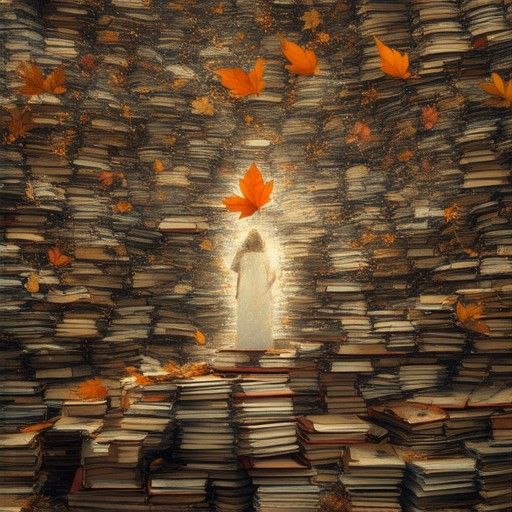
What Are Five Examples of Literary Works?
- To Kill a Mockingbird by Harper Lee – A seminal work of American literature, this novel explores themes of racial injustice and moral growth through the perspective of young Scout Finch.
- 1984 by George Orwell – A dystopian novel that critiques totalitarianism and the erosion of personal freedom, offering profound insights into political philosophy.
- The Great Gatsby by F. Scott Fitzgerald – A critique of the American Dream, this jazz-age tale delves into themes of love, wealth, and disillusionment.
- Moby-Dick by Herman Melville – An epic exploration of obsession, humanity, and the natural world, this novel is considered one of the greatest works of American literature.
- Beloved by Toni Morrison – Winner of the Nobel Prize in Literature, this novel examines slavery’s legacy through the story of Sethe and her daughter Beloved.
For more thought-provoking literary content, visit Silken Drum and explore their collection of creative writings and community discussions.
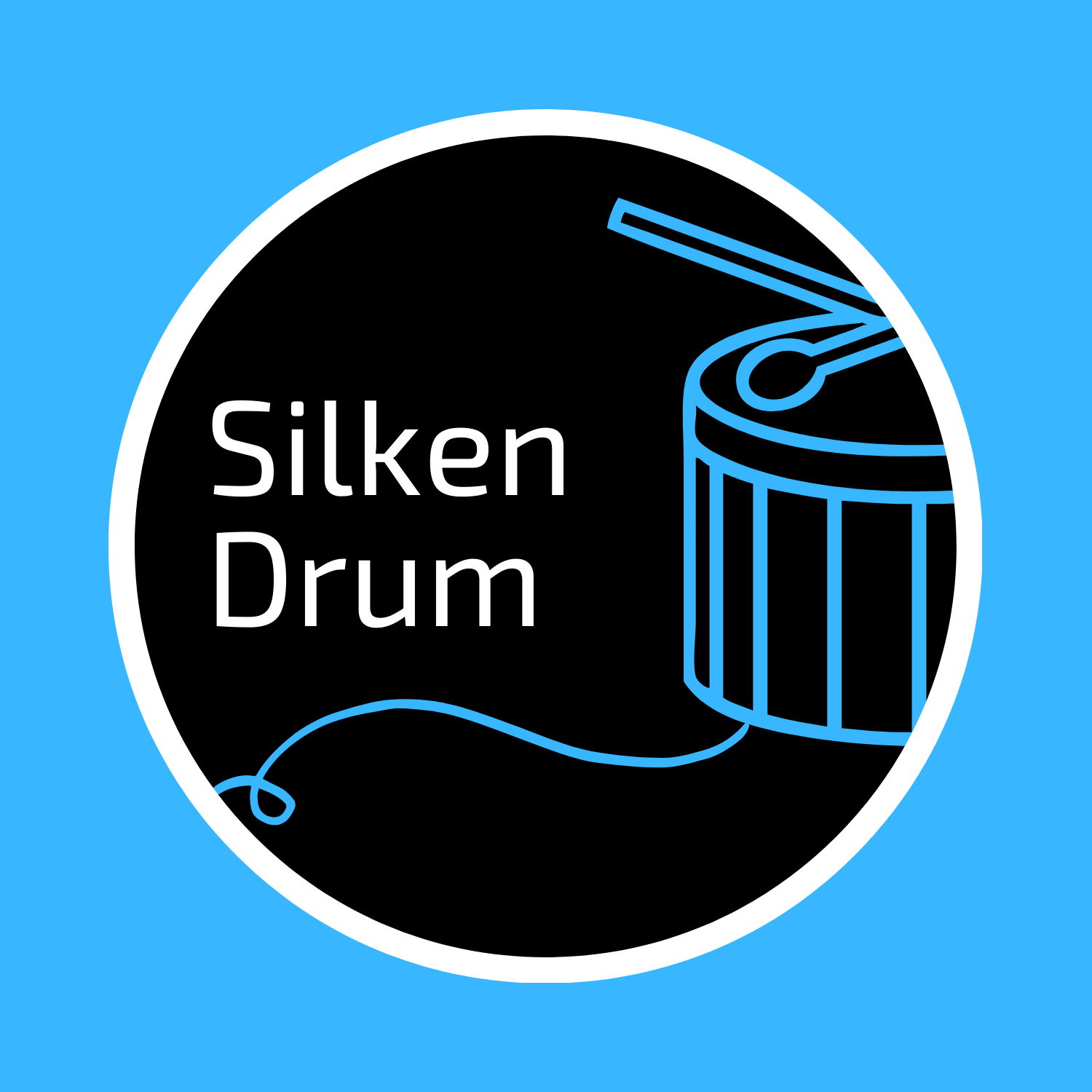
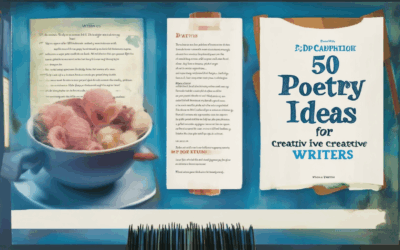
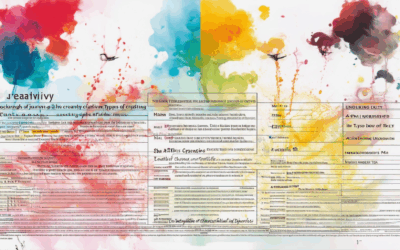
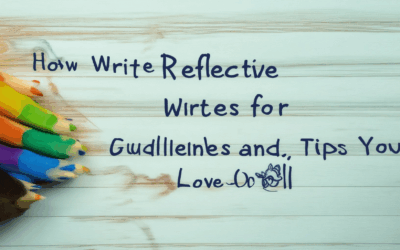
0 Comments